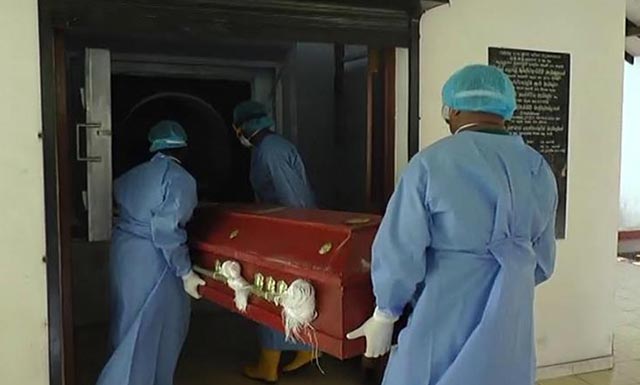Amnesty International calls out the Sri Lanka government for forcing Muslim COVID-19 victims to be cremated against families’ wishes.
On March 31st the Sri Lanka’s Ministry of Health issued COVID-19 guidelines saying the standard procedure of disposing bodies should be cremation. Reversing an earlier guideline that allowed traditional Islamic burials.
The World Health Organisation’s guidelines for the safe management of a dead body during the coronavirus crisis allows for either burials or cremations. So it’s unclear why the Sri Lankan government has decided to veer away from this decision.
A history of tension
The denial of burials for Muslims is causing international tension as it reignites the flames of the religious civil war the country has faced in the not so distant past, between the Buddhist majority and the Muslim minority.
Hilmy Ahamed, vice president of the Muslim Council of Sri Lanka, told Al Jazeera.”The Muslim community sees this as a racist agenda of extremist Buddhist forces that seem to hold the government to ransom.”
Biraj Patnaik, Amnesty International’s South Asia Director, said: “At this difficult time, the authorities should be bringing communities together – not deepening divisions between them.
Sri Lankan Muslims rights denied
The first death of a Muslim in Sri Lanka – in Negombo, a western coastal town – took place on Tuesday (31 March) before national guidelines were revised to exclude burials. Despite protests by the relatives of the deceased, community leaders and Muslim politicians, a burial was blocked by the authorities and cremation took place instead.
The second death in the Muslim community happened on Wednesday (1 April) at the National Institute of Infectious Diseases, and the person was cremated a day later despite efforts by the victim’s family and members of the Muslim community to carry out a burial.
A watching international community
The world is currently under panic thanks to the coronavirus and these kinds of mandates led to concern that religious tensions could be reignited if Muslim families not allowed to bury relatives in accordance with religious practice.
